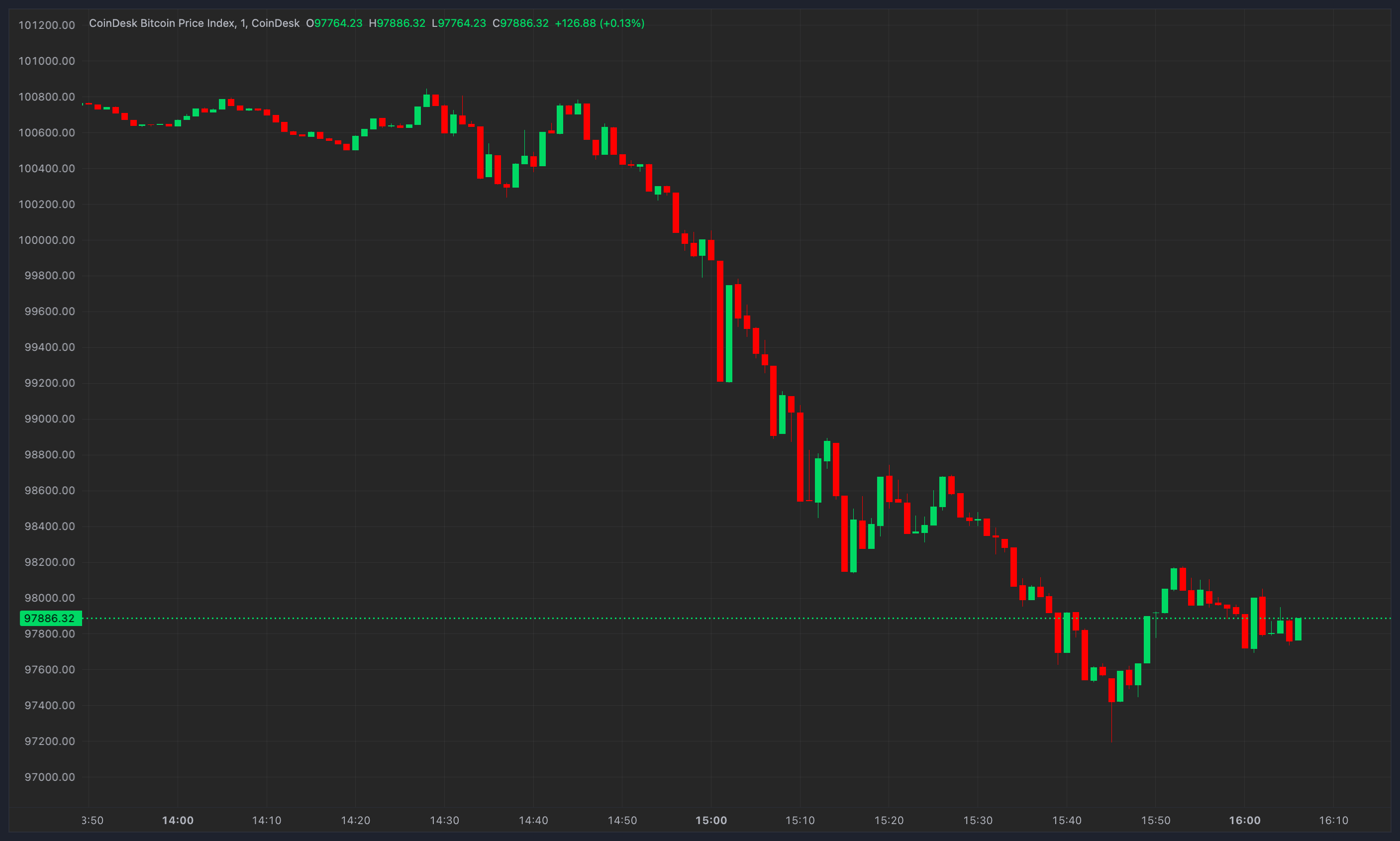
European Union officials have agreed on the final wording for its landmark crypto legislation which could pave the way for a Europe-wide regulatory approach.
The full legal text of the Markets in Crypto Assets Regulation (MiCA) was approved at a meeting of EU ambassadors on Wednesday, according to a letter from committee chair Edita Hrdá.
In the letter addressed to the European Parliament’s chair of the Committee on Economic and Monetary Affairs Irene Tingali, Hrdá said that cooperation between the Parliament and the Council should enable the regulation to be approved on its first reading in Parliament.
In June, policymakers agreed to a deal on the legislative package after two years of back-and-forth.
The regulation, in its current form, will require anyone seeking to issue crypto to publish a “crypto-asset white paper” containing information about their project.
Issuers of stablecoins, meanwhile, will be subject to specific capital requirements.
This means projects will need to hold reserves to back up the value of their tokens in an amount proportional to how much is issued, though local authorities could increase that amount of funds required based on how risky it is judged to be.
The legal text will now go on to the European Parliament, where, subject to approval, it will likely be published in the Official Journal of the European Union early next year, with the rules set to come into force in 2024.
‘Important topics’ omitted, says industry
Crypto advocates welcomed the news but said that the legislation had yet to address several key points, including non-fungible tokens (NFTs) and the future of decentralized finance (DeFi).
“This marks the end of a heated but necessary discussion between the EU co-legislators, which has been ongoing for more than two years,” the Brussels-based European Crypto Initiative (EUCI) said in a statement.
The group suggested that a heavy focus on stablecoins in the legislation was a result of its origins as a response to Facebook’s Diem (formerly called Libra) project and that lawmakers had taken a “very defensive” approach.
EUCI added that NFTs are excluded from MiCA’s scope, creating uncertainty if regulators across EU member states use different interpretations of the assets.
DeFi projects will also not be affected by the regulation, but EUCI said that these were not properly defined in the final text.
Despite these critiques, EUCI co-founder Marina Markezic said she was optimistic about the impact MiCA will have on the industry.
“It creates a brand new set of rules for crypto projects—ones that will change crypto’s current position as an ‘underdog’ and make it a fully-fledged participant in the financial services space,” she said. “At the same time, we also believe that the industry should still remain able to innovate without any undue burdens.”
EU to discuss crypto rules with US
It comes as Mairead McGuinness, the European Commissioner with responsibility for financial services, said that crypto regulation would be top of the agenda in discussions with U.S. officials next week.
Speaking at a Bloomberg event, she said that the EU is looking to exchange views and experiences with the U.S. at the International Monetary Fund-World Bank annual meetings next week.
“I am sure they want to hear what we’ve done, how it went, what the problems were,” she said. “I would be very happy to share our experience but also to hear what the U.S. is planning to do.”
McGuinness earlier this year called for a global crypto agreement in a piece for U.S. political website The Hill.
“I believe that the EU and the U.S. can together lead the way on a shared international approach to regulating crypto,” she wrote at the time.
Stay on top of crypto news, get daily updates in your inbox.
Read More: decrypt.co








 ARPA
ARPA  DeGate
DeGate  Ankr Staked ETH
Ankr Staked ETH  Alchemix
Alchemix  RabBitcoin
RabBitcoin  The Root Network
The Root Network  Shoggoth
Shoggoth  Flamingo Finance
Flamingo Finance  Dimitra
Dimitra  Clash of Lilliput
Clash of Lilliput  SX Network
SX Network  Marinade
Marinade  Memes AI
Memes AI  MATH
MATH  Foxy
Foxy  OMG Network
OMG Network  Aquarius
Aquarius  Metal Blockchain
Metal Blockchain  APX
APX  She Rises
She Rises  Bitgert
Bitgert  Frontier
Frontier  Sidus
Sidus  Impossible Finance Launchpad
Impossible Finance Launchpad  SaaSGo
SaaSGo  Shuffle
Shuffle  MemeFi
MemeFi  Artrade
Artrade  Hatom
Hatom  Star Atlas DAO
Star Atlas DAO  Gitcoin
Gitcoin  SuiAI
SuiAI  sUSDa
sUSDa  Prefrontal Cortex Convo Agent by Virtuals
Prefrontal Cortex Convo Agent by Virtuals  ThunderCore
ThunderCore  Wanchain
Wanchain  Lingo
Lingo  Spectra
Spectra  Quantum Resistant Ledger
Quantum Resistant Ledger  HOPR
HOPR  Firmachain
Firmachain  SuiNS Token
SuiNS Token  Agoric
Agoric  Urolithin A
Urolithin A  Strike
Strike